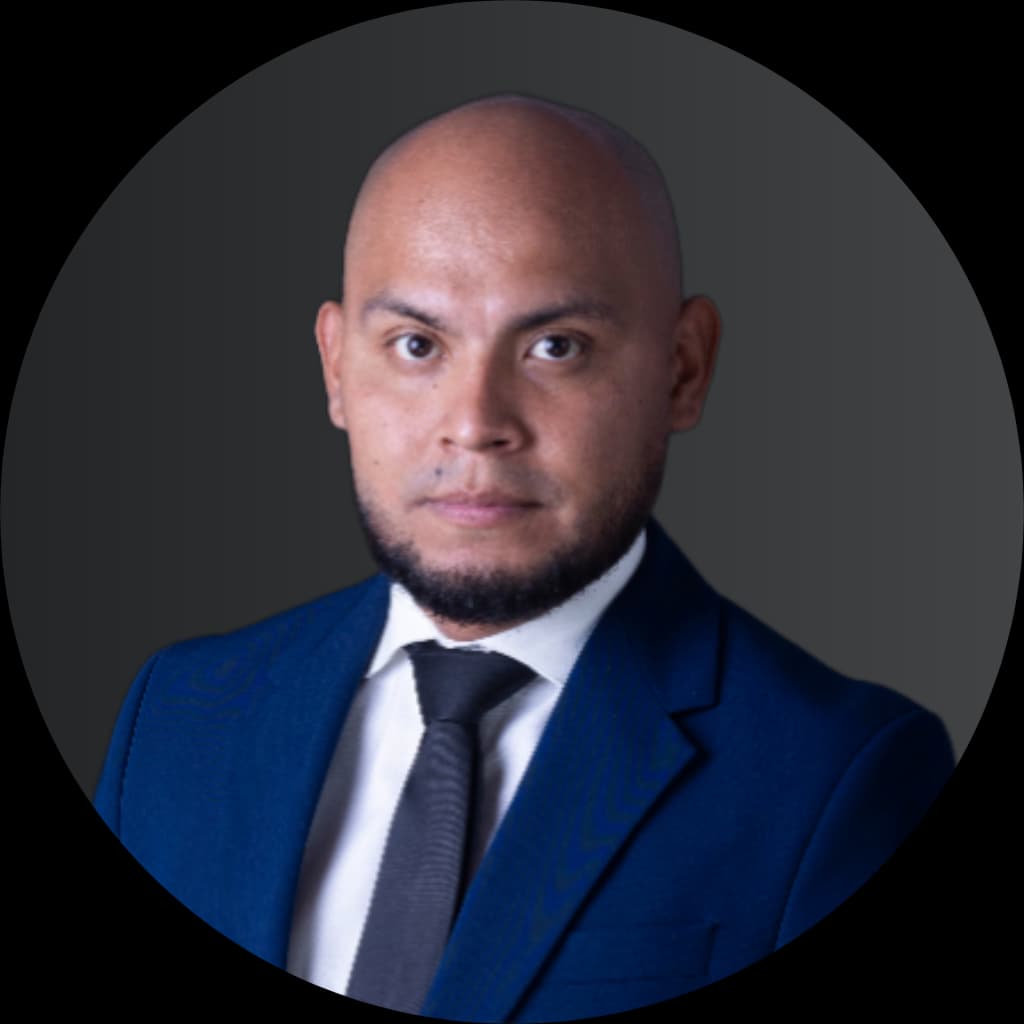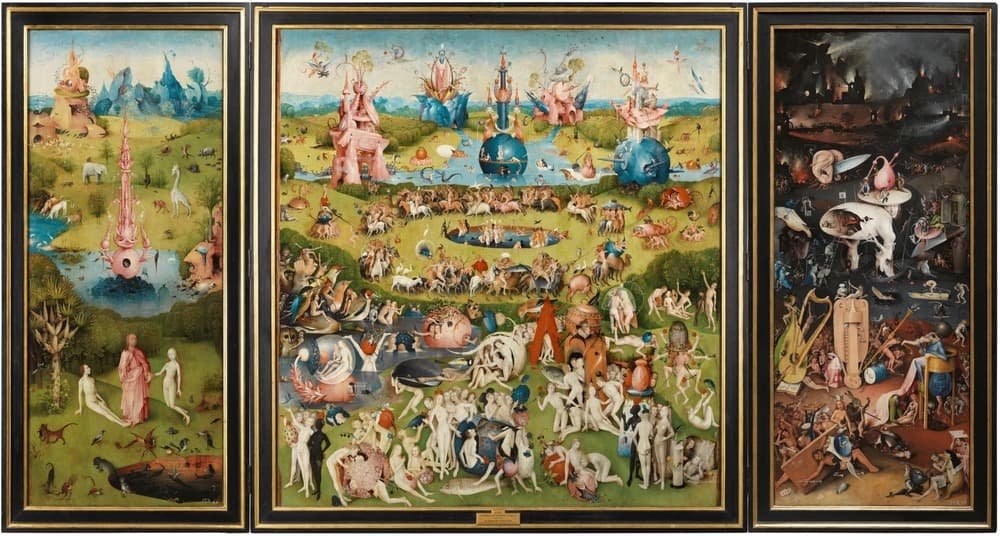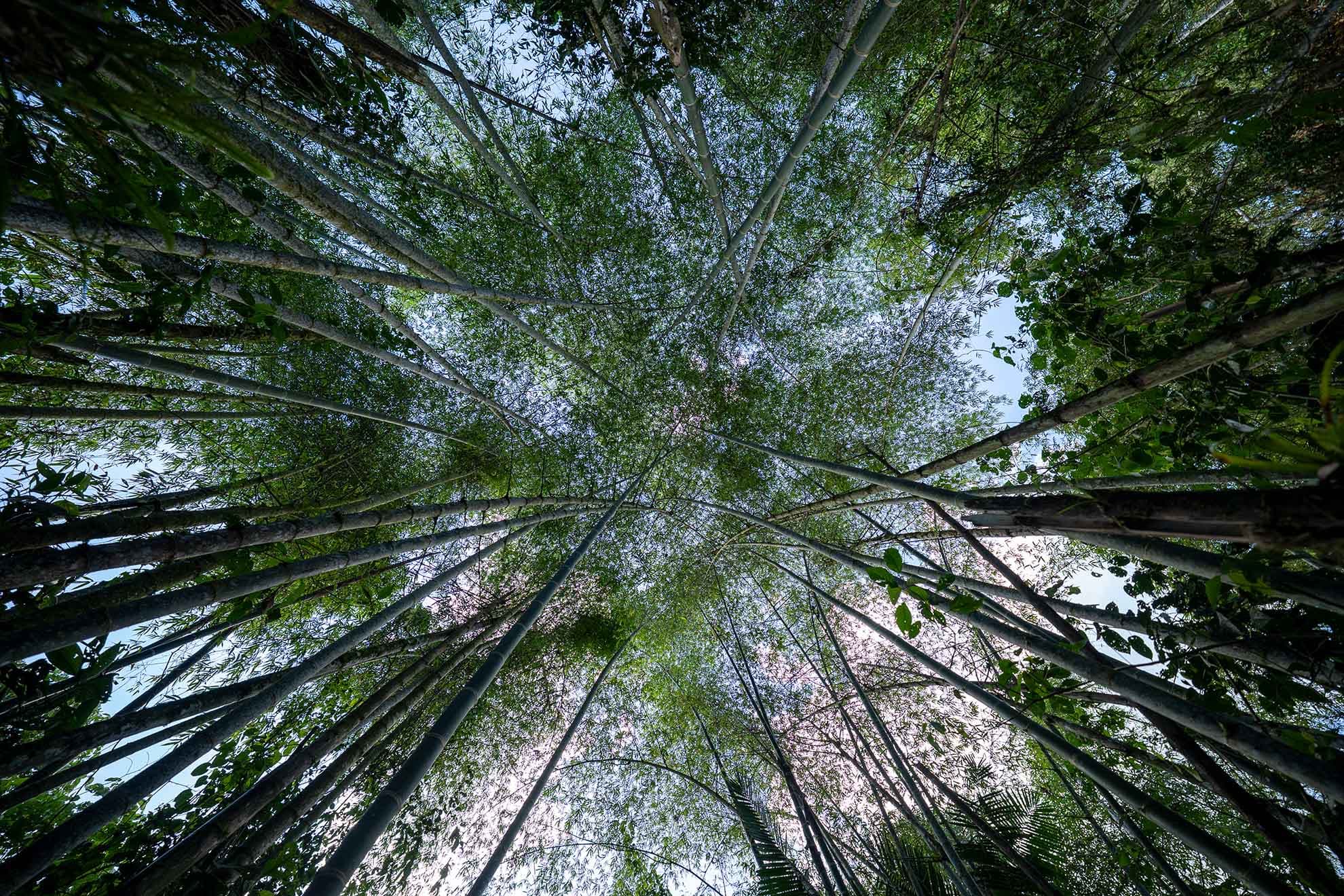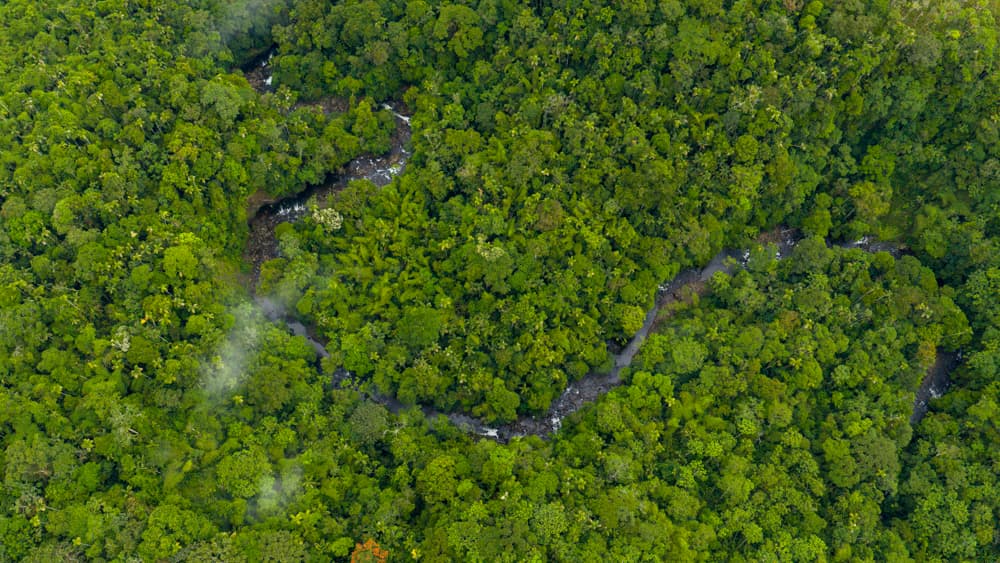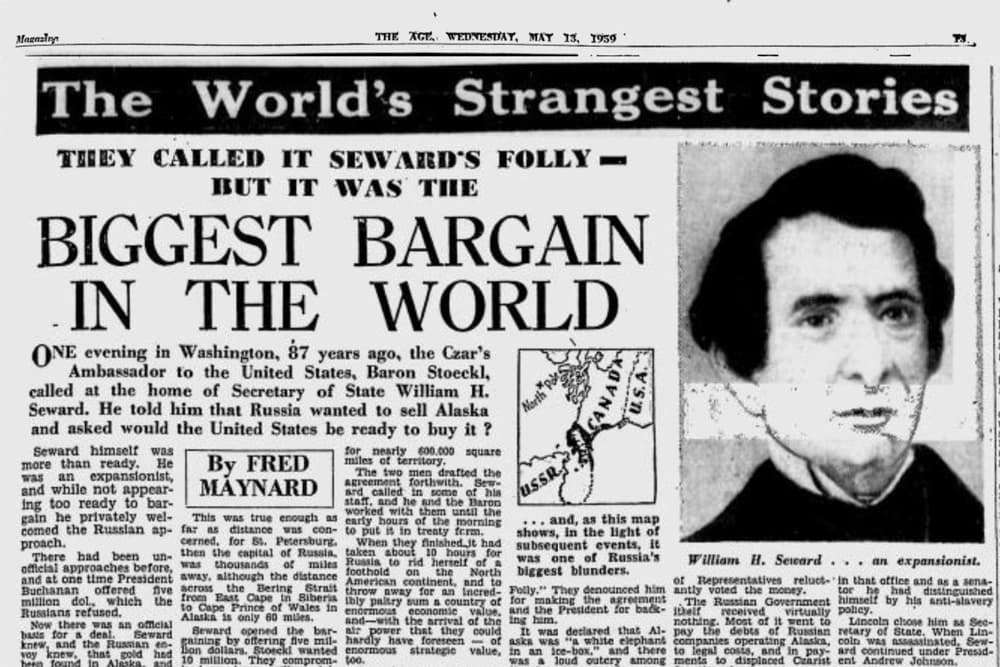
Repeating Seward's Story? Why Getting Involved in the Amazon Today Might Be the Smartest Decision
History is full of decisions that were considered risky or even foolish at the time. Those with foresight saw value where others saw only uncertainty. A notable example is the United States' acquisition of Alaska in 1867. At that time, this move was derided as "Seward's Folly."
More than 150 years later, history had confirmed that William H. Seward's vision was accurate and essential. This pattern of initial incomprehension in the face of visionary decisions tends to repeat itself. Today, an interesting question arises: What might the equivalent decision be in the 21st century?
At Hortus Deliciarum, we believe it lies in recognizing the ecological and patrimonial value of the Amazonian virgin forest. We invite you to consider a parallel: how the vision which transformed a frozen territory is reflected today in the opportunity to participate in conserving the planet's biodiversity, ensuring a legacy that transcends generations.
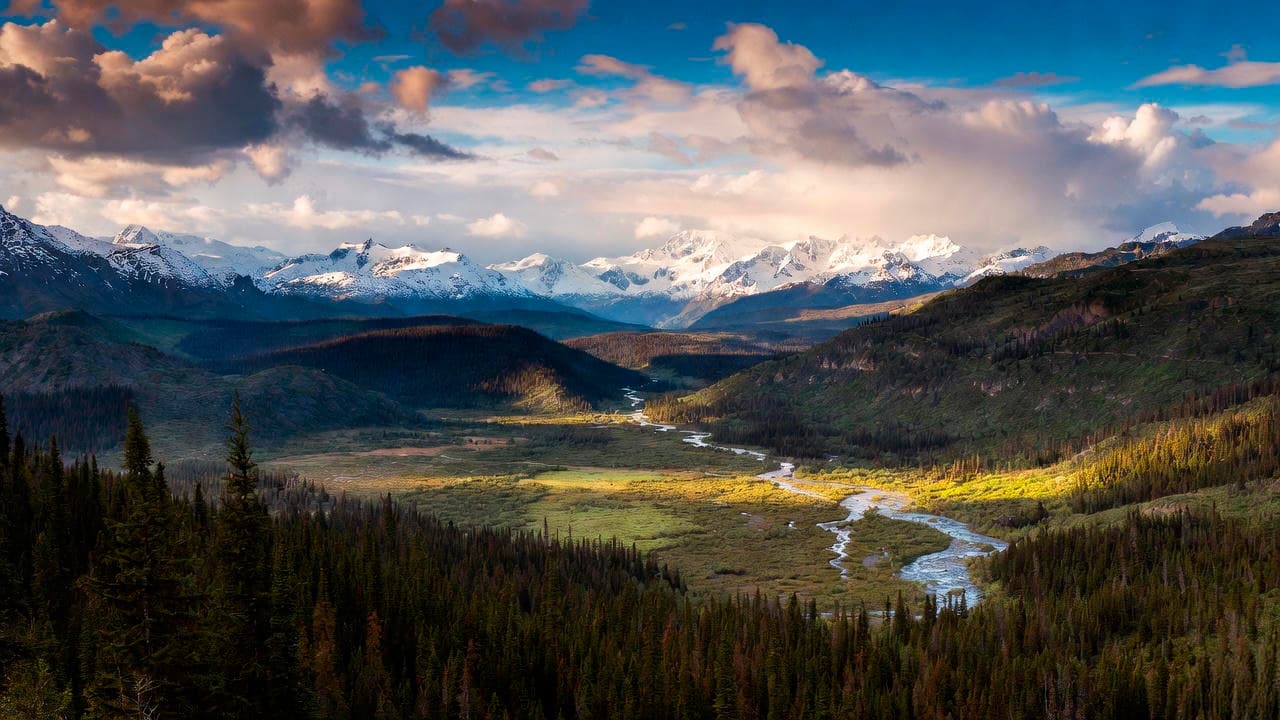
Seward's Vision: How a Ridiculed Purchase Transformed America
William H. Seward, the secretary of state who oversaw the purchase of Alaska, did not act on impulse. He was a strategist with a deep geopolitical understanding and a vision that projected decades into the future.
He faced criticism and skepticism because many could not see beyond the ice of this seemingly remote territory. However, Seward understood its latent value: natural resources, a key geographic position, and potential for expansion. His legacy is a testament to the importance of a long-term perspective.
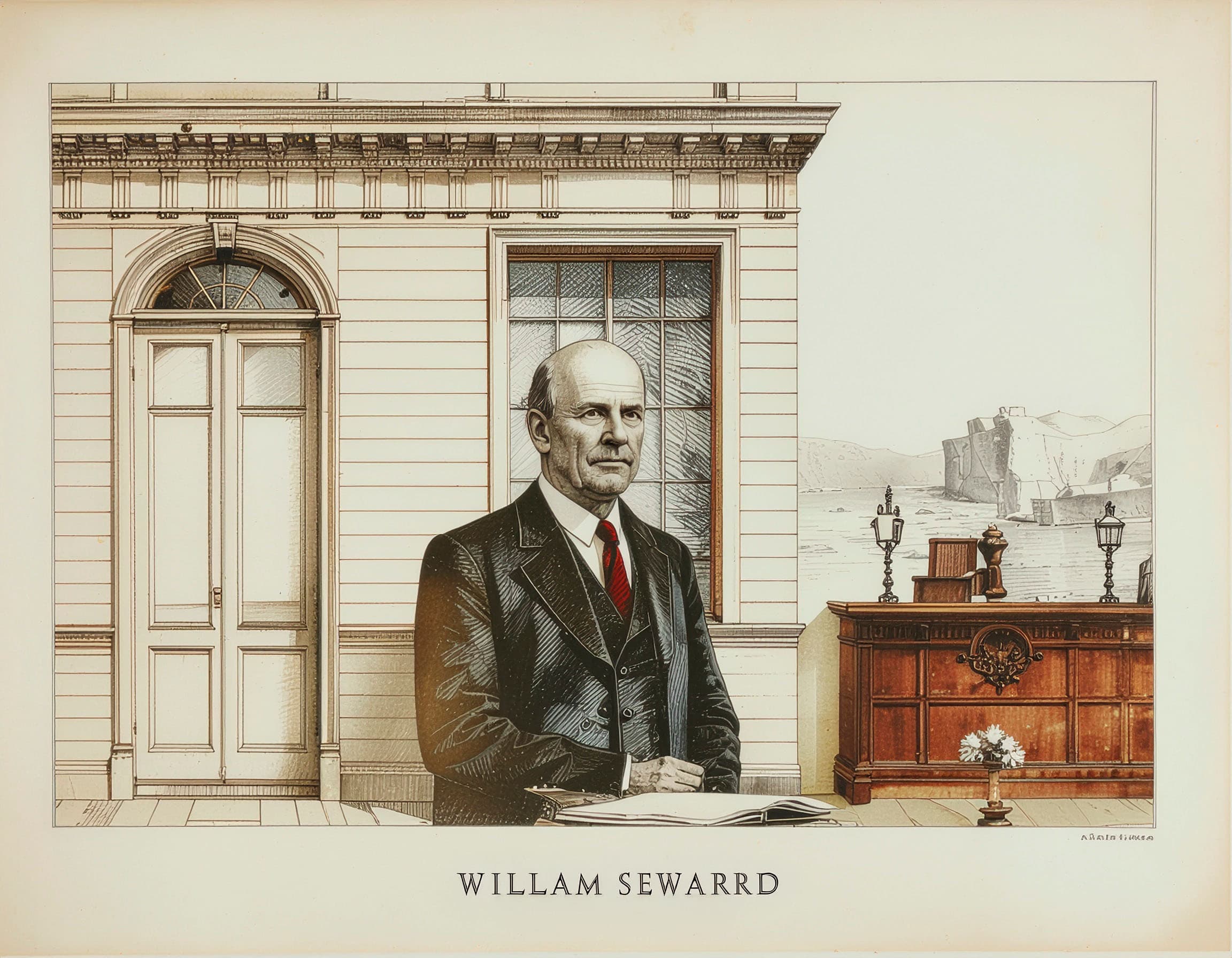
Identifying Unique Opportunities at Key Moments
True long-term vision often means going against the grain. It means recognizing potential value where others see only risk or a lack of immediate insight. Seward saw a promising future where others saw only tundra. The key to his success, as well as that of many other visionaries, lies in the ability to look beyond the obvious, analyze deep trends, and invest in intrinsic value, even when the return is not immediate. It means committing to the future based on conviction and analysis rather than the popular opinion of the moment.
Historical Perspective: Ecuador's Strategic Decisions
The outlook for the future is often shaped during times of crisis. Nations, companies, and individuals all face crucial moments. Ecuador itself has navigated complex crossroads.
There were periods of instability when drastic measures were contemplated, including the potential cession of the Galápagos Islands. Although the cession did not materialize, the archipelago — perhaps not initially recognized for its full potential — was established as a global treasure of biodiversity.
This example, underscores how fundamental decisions at critical moments and recognizing the long-term value of unique assets can have far-reaching consequences.
Ecuador's Hidden Wealth: The Biodiversity and Ecological Potential of the Amazon
Let's apply Seward's vision to the present day. Where does that fundamental value reside today, perhaps unrecognized by many? We argue that it lies in unspoiled nature, specifically in the Ecuadorian Amazon.
In a century marked by a climate crisis, accelerated biodiversity loss, and mounting pressure on resources, owning and conserving swaths of pristine forest is paramount.
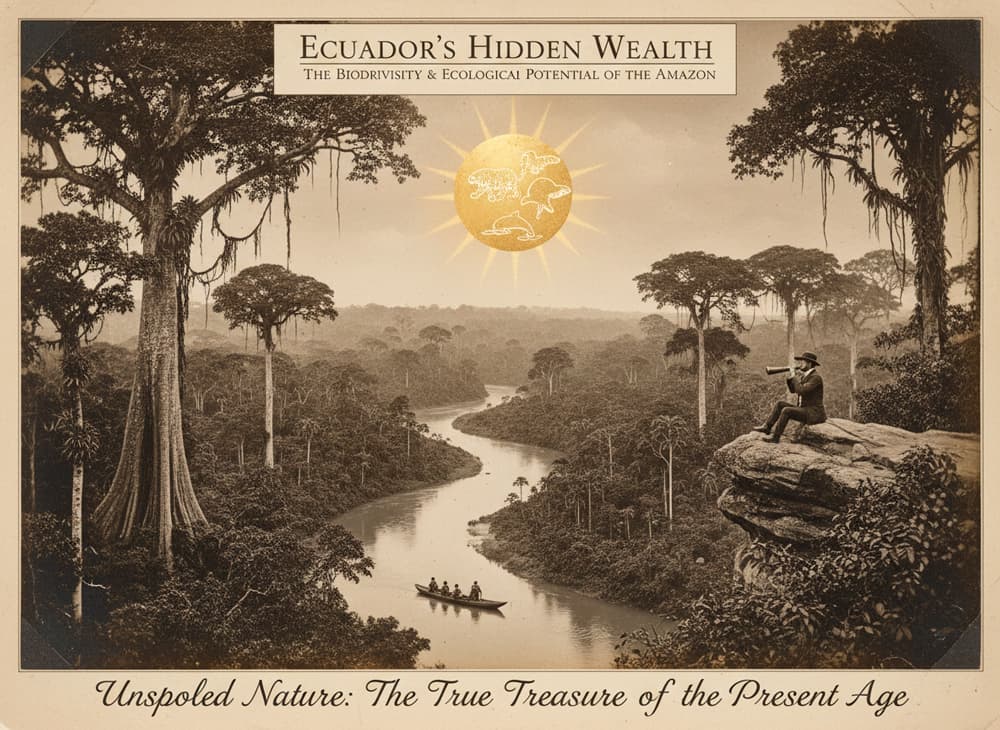
The Intrinsic Value of the Virgin Rainforest Compared to Conventional Assets
Despite its size, Ecuador is one of the most megadiverse countries on the planet. Its portion of the Amazon rainforest harbors an astonishing concentration of life and plays a crucial role in maintaining the planet's climate balance.
Participating in the conservation of this territory means safeguarding irreplaceable natural capital, including genetic reservoirs, freshwater sources, and climate regulators. This capital's real value is only beginning to be understood, and it will become increasingly critical.
Why Does Natural Heritage Outperform Cement in the Long Run?
We have lived under the paradigm of development based on conventional physical infrastructure. However, this model has obvious limitations and costs, such as resource depletion and obsolescence.
In contrast, an intact, protected virgin forest ecosystem is resilient and self-sustaining. Its value does not depreciate, rather, it increases as natural resources become scarcer and more valuable.
It is a real asset that can survive economic cycles.
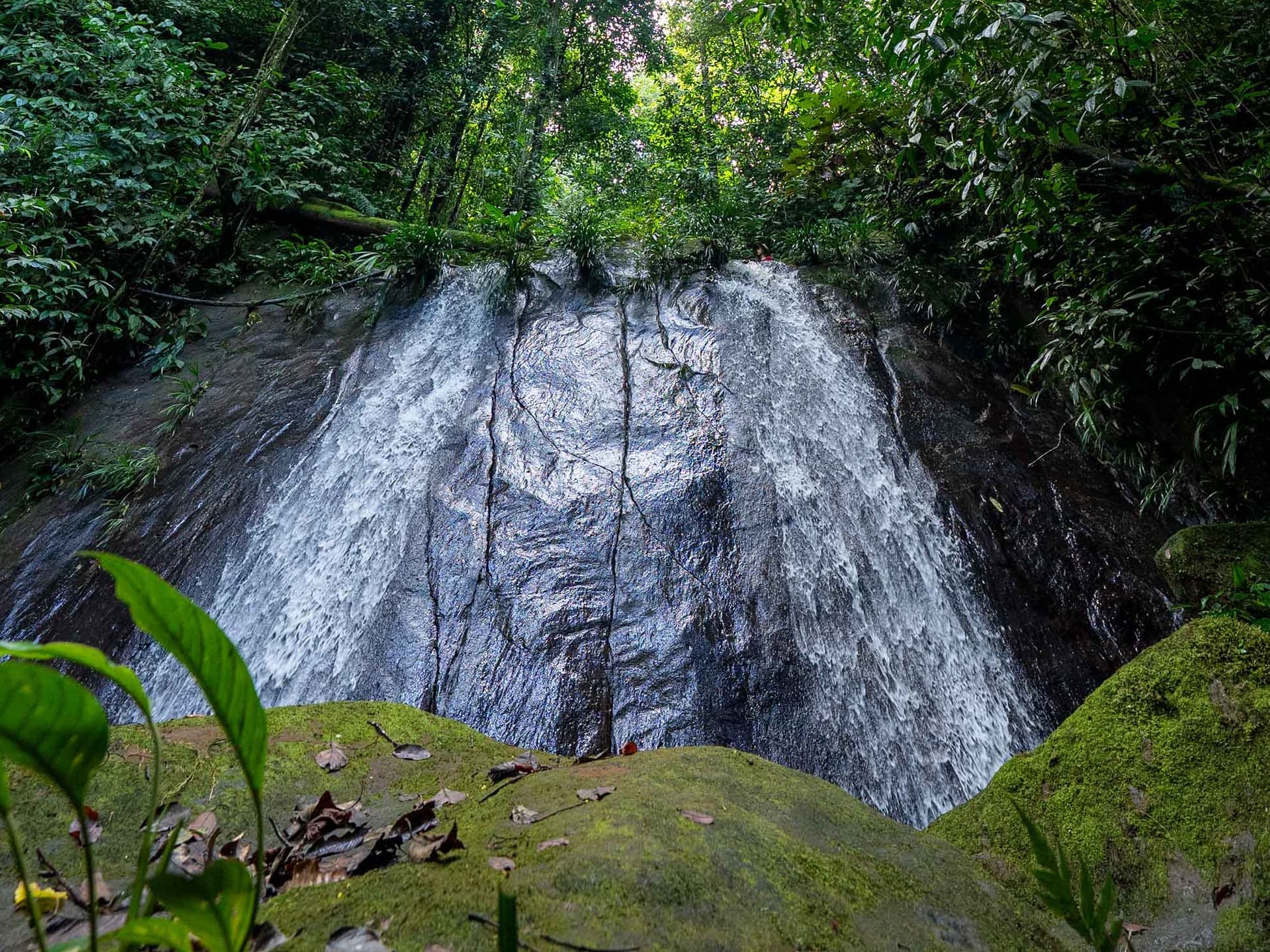
Becoming a Modern Seward: The Hortus Deliciarum Proposal
History remembers the pioneers. William H. Seward is remembered as an architect of the future. Today, there is an opportunity to be part of a new kind of history—that of visionaries leading the transition to a model integrating prosperity, environmental responsibility, and generational legacy. Hortus Deliciarum invites you to join this vanguard.
A Legacy for Your Lineage: Security and Sustainable Value
An investment in Hortus Deliciarum is a long-term estate decision. Rather than focusing on quarterly profits, it ensures well-being for centuries to come.
By participating in the conservation of an Amazonian fragment, you establish a tangible family legacy — a safe haven and an asset with growing intrinsic value — based on the sustainable appreciation of a vital resource. You are protecting your family by ensuring their connection to a healthy planet.
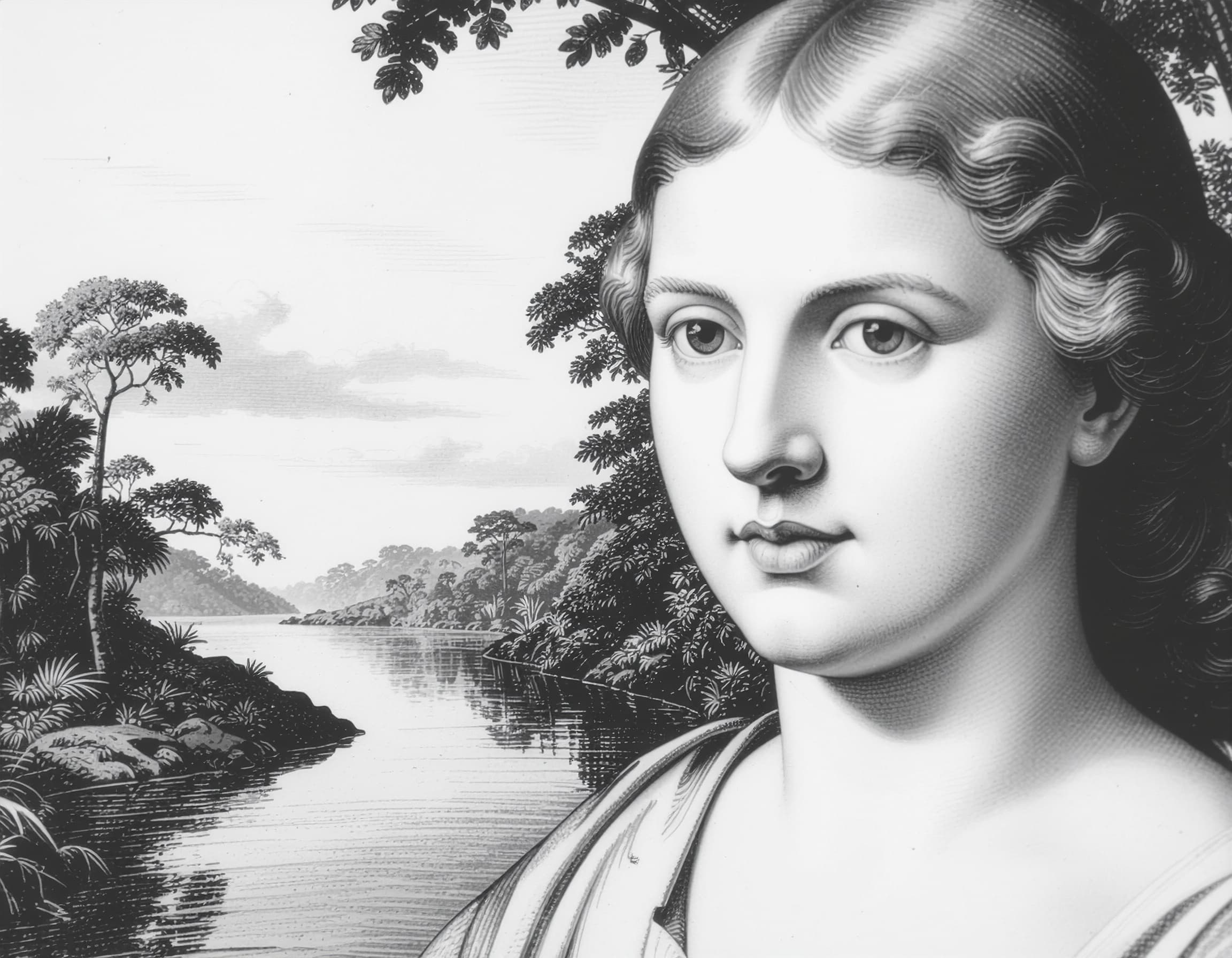
Are you ready to be a pioneer in strategic conservation?
Just as Seward was vindicated by time, history will reward those who recognize the fundamental value of conservation today.
This perspective may not be widely understood today, but global trends are clear: sustainability, biodiversity, and natural capital are the pillars of the future. Those who embrace this vision, position themselves as leaders by demonstrating an ability to see beyond the obvious and act with purpose.

